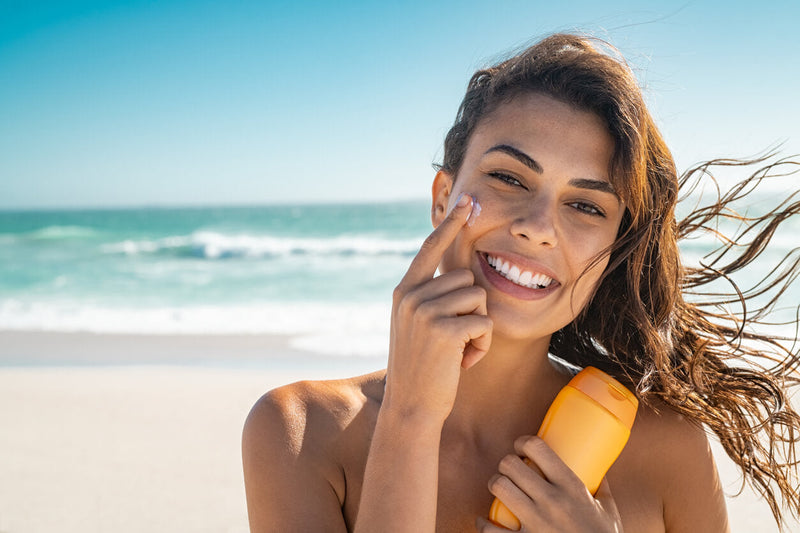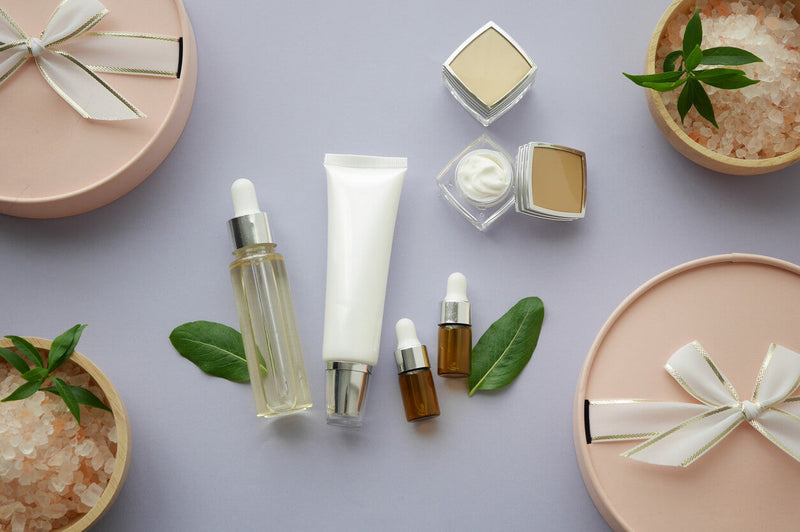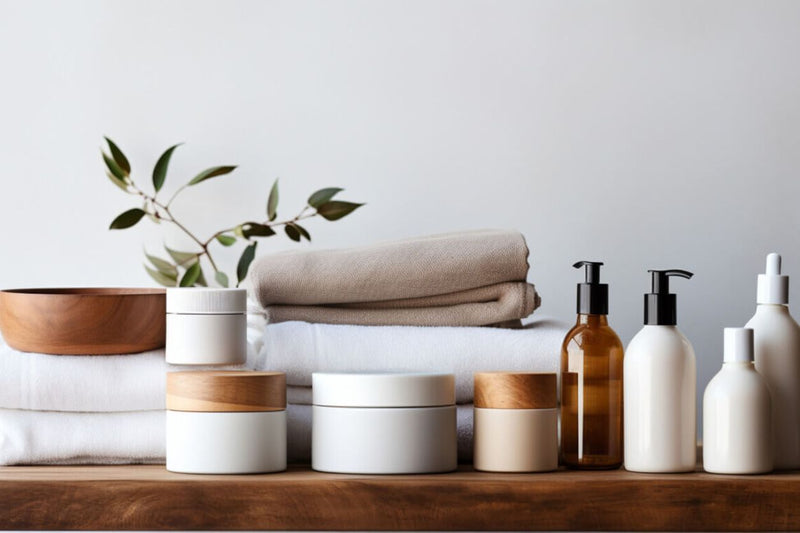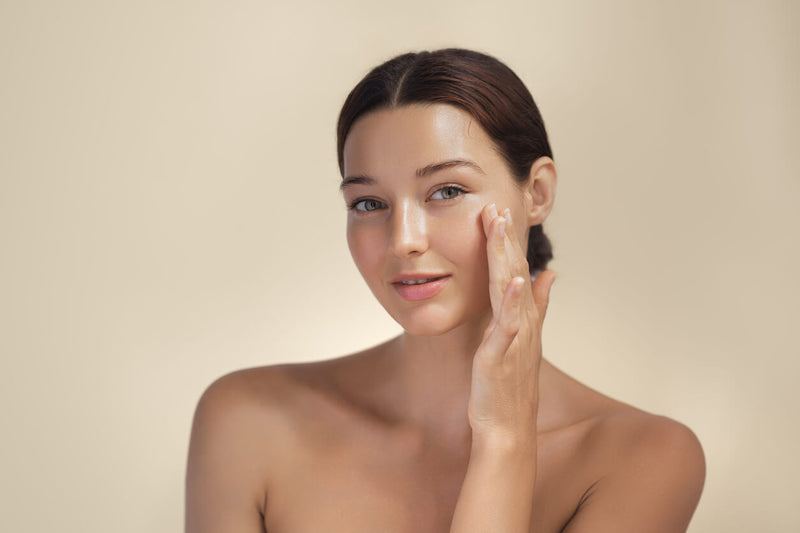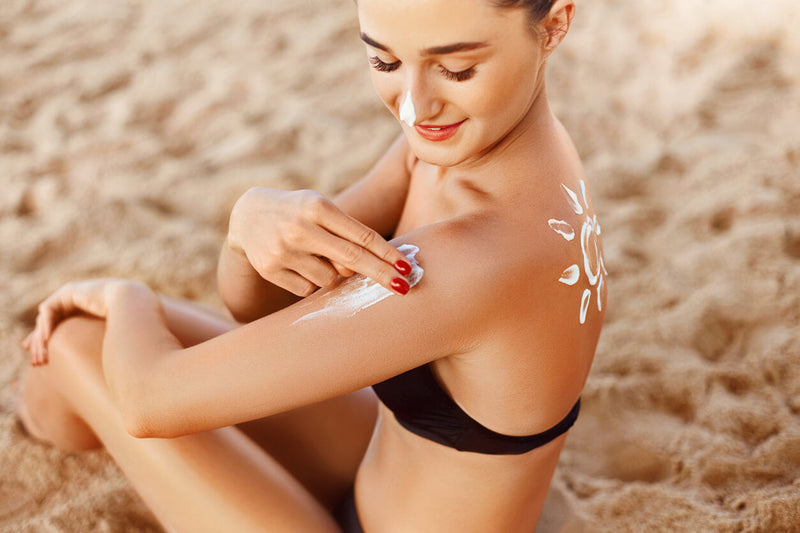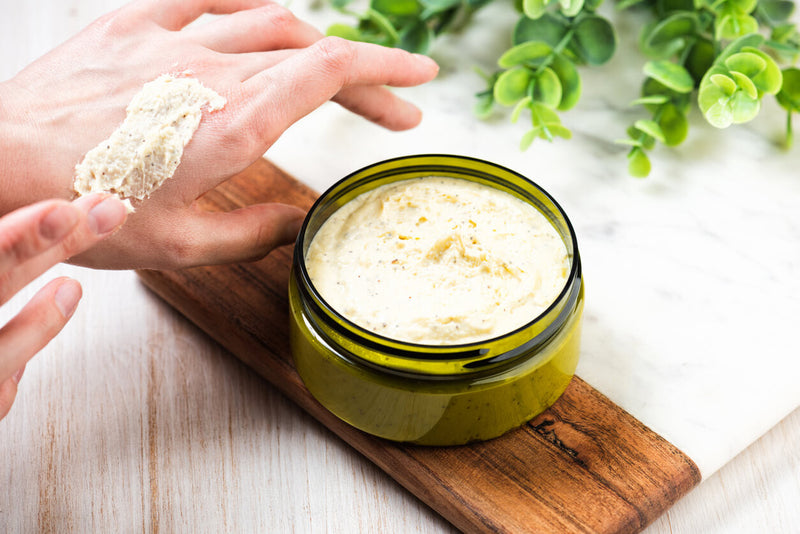

|
Table of Contents Should you make your own sunscreen?
|
Quality sunscreens are not cheap. Their price tags come not only with high-quality ingredients, but also with research, innovative technology, and proven results. Many broad-spectrum sunscreens, furthermore, are specifically formulated to protect you from UV rays while also offering other benefits such as moisturizing and nourishing the skin.
To potentially lower the cost of sunscreens and other skincare products, some are encouraging others to try DIY or homemade formulas. There is also a belief that since homemade sunscreens contain natural ingredients, they are better for your skin than commercially available products that are loaded with chemicals.
Should you make your own sunscreen?
A quick search on the Internet will land you a plethora of tips and recipes on how to make your own sunscreen. You can even find step-by-step videos on YouTube and TikTok. Common ingredients in DIY formulas include coconut oil, beeswax, shea butter, jojoba oil, (and other types of oils), and zinc oxide powder.
Experts, however, advise against DIY formulas; they cannot offer the right amount of protection you need against UV rays. This is mainly because sunscreens are specifically formulated and must undergo safe and efficacy tests to make sure that they provide UV protection and are safe to use.
It is also important to note that sunscreens are very hard to formulate. Ingredients (including natural ones) are tested and there are also combinations of sunscreen agents used in a product. And for a formula to provide adequate and broad-spectrum protection, they should include a considerable amount of UV filters for UVA and UVB rays.
For further reading: Skipping Sunscreen: What Happens to Your Skin Without UV Protection?
What do studies say?
A 2019 study looked at the way homemade sunscreens were portrayed on Pinterest, a social platform for finding recipes, home and style inspirations, and other ideas. The study found that more than 90% of the pins or saved posts about DIY sunscreens positively portrayed the effectiveness of homemade formulas. And in 33.3% of pins, SPF claim has a range of SPF 2 to SPF 50.
These claims, according to the researchers, can be misleading. This is mainly because the ingredients included in those recipes offer slight UV protection. It is also worth noting that when you make something on your own at home, you are not able to test it, so you don’t exactly know if it’s safe or effective.
There is another study in 2021 about the photoprotective efficacy of vegetable oils, which are promoted as an alternative to store-bought sunscreens. It tested different types of oils on human skin and found that they have low SPF ratings and are not adequate to provide UV protection.
Be smart about sun protection
When it comes to sunscreens, it is best to trust specifically formulated products instead of a homemade concoction. You can better protect your skin with a sunscreen that is/has:
- SPF 30 or higher – this is the recommended SPF rating.
- Broad-spectrum – means that the product can protect your skin from both UVA and UVB rays.
- Water resistant – means that the formula will stay on wet skin for a while before needing to reapply.
The way you use or apply sunscreen also matters. Improper application makes the product ineffective and can leave your skin at higher risk for sunburn, premature aging, and skin cancers. Check out our blog for tips on how to apply sunscreen the right way.
What we recommend
If you’re looking for a face sunscreen that can protect, nourish, and hydrate your skin, Dr. Sylvia Skin Care’s Sunshield SPF 45 is worth considering. It is lightweight and non-greasy, and contains skin-loving ingredients to support skin health. Benefits include:- Provides broad-spectrum protection
- Helps hydrate and moisturize the skin
- Easy to apply and comfortable to wear on the skin
- Helps soothe and calm the skin, reducing irritation and redness
- Suitable for sensitive skin
Let Cutis be your skincare partner
For more skincare tips and product recommendations, browse through our blog today. You can also contact Cutis Medical Laser Clinics in Singapore and book a consultation with our aesthetic doctor if you have skin concerns that you wish to address or improve.











